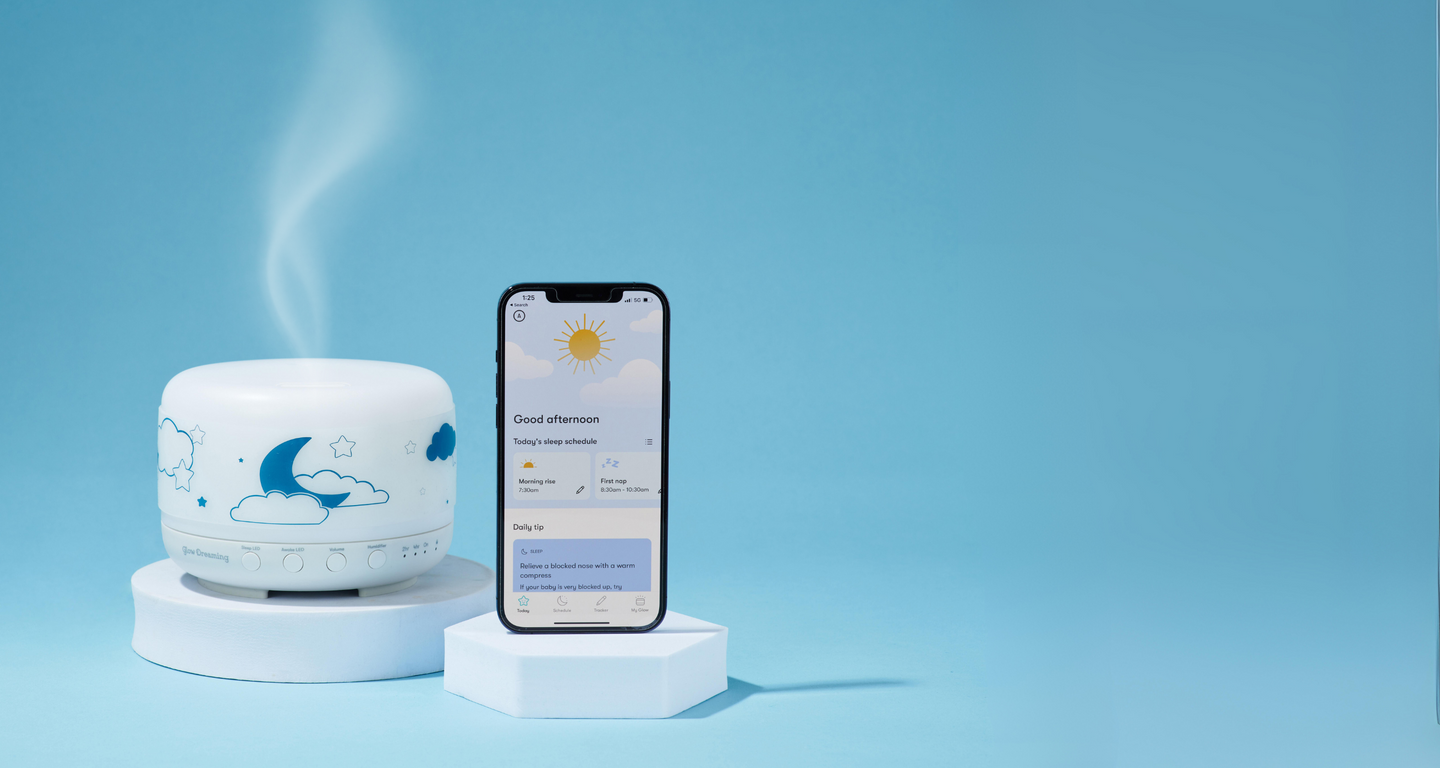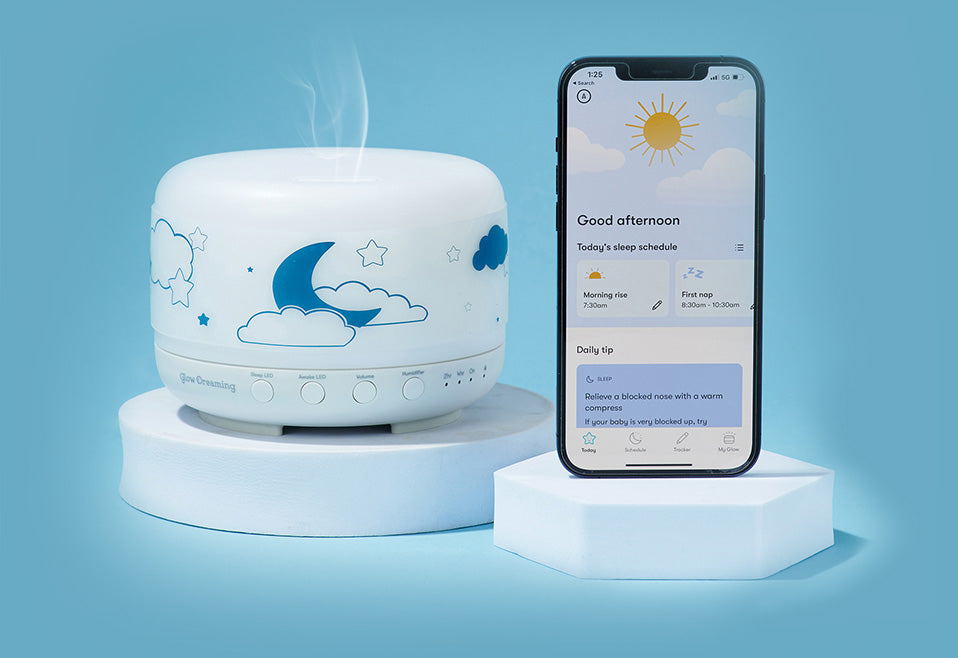Understanding Why Babies Snore and How to Help
It's a common occurrence...babies snore!
From newborns to older children, their tiny airways can often lead to snoring. However, it's essential to keep in mind that sometimes, there might be more to it. If you suspect a more serious issue, it's advisable to consult with a medical professional.
Your child's or newborn's snoring may not only affect their sleep but yours as well. Fortunately, we have a solution that not only addresses the snoring but also the sleep quality!
Mucus
Babies tend to accumulate mucus, which acts as an additional defence against unwanted intruders. This is one of the primary reasons why newborns and older babies might snore. As a result of this mucus buildup and your baby's breathing, you might hear snuffling, snoring, or whistling sounds.
Snoring in babies can often be managed with the right approach. Snoring is more likely when your baby has a cold, allergies, or swollen tonsils or adenoids.
In most cases, the issue tends to resolve itself. However, if your baby has been snoring for four or more nights in a week, we recommend consulting with your GP or paediatrician for further assessment.
Solutions for Snoring:
1. Humidifying the Air & Allergen Control
Before putting your baby to sleep, try giving them a warm bath or shower. Humidified air can help ease and loosen nasal secretions, allowing your baby to sleep more comfortably. Snoring can also be triggered by allergies, a cold, or other respiratory conditions. Keep your baby's surroundings free from dust, pet dander, and allergens that might exacerbate these issues. Ensure their room is clean and well-ventilated. A humidifier can maintain optimal humidity levels, aiding peaceful sleep. Central heating systems tend to dry out the air, and a humidifier can be a valuable addition.
2. Nasal Saline Sprays and Suction
With your paediatrician's approval, you can use saline nasal sprays to help your baby breathe more easily. These sprays are available at most pharmacies. This type of solution can clear nasal passages and facilitate better breathing. You can also gently suction excess secretions using a nasal aspirator.
3. Adjusting Sleeping Position
Your baby's sleeping position can influence snoring. Studies suggest that babies who sleep on their stomachs are more likely to snore compared to those who sleep on their sides. Side-sleeping often leads to quieter slumber. It's important to note that encouraging your newborn to sleep on their stomach may make it harder for them to breathe as they may have difficulty turning their head. Research recommends having your baby lie on their back and tilting their head to the side. This position reduces the risk of airway constriction. You can alternate tilting their head to the right and left sides.
When to Seek Further Help:
If your child snores four or more nights a week, breathes primarily through their mouth, or grinds their teeth, it's advisable to consult your GP or a specialist. They can conduct a comprehensive assessment of the airways to identify any obstructions or structural issues. If obstructions exist, timely treatment is essential for the best outcome.
In cases where structural problems underlie your baby's snoring, your GP or paediatrician may refer you to an Ear, Nose, and Throat Specialist for further evaluation or treatment.


